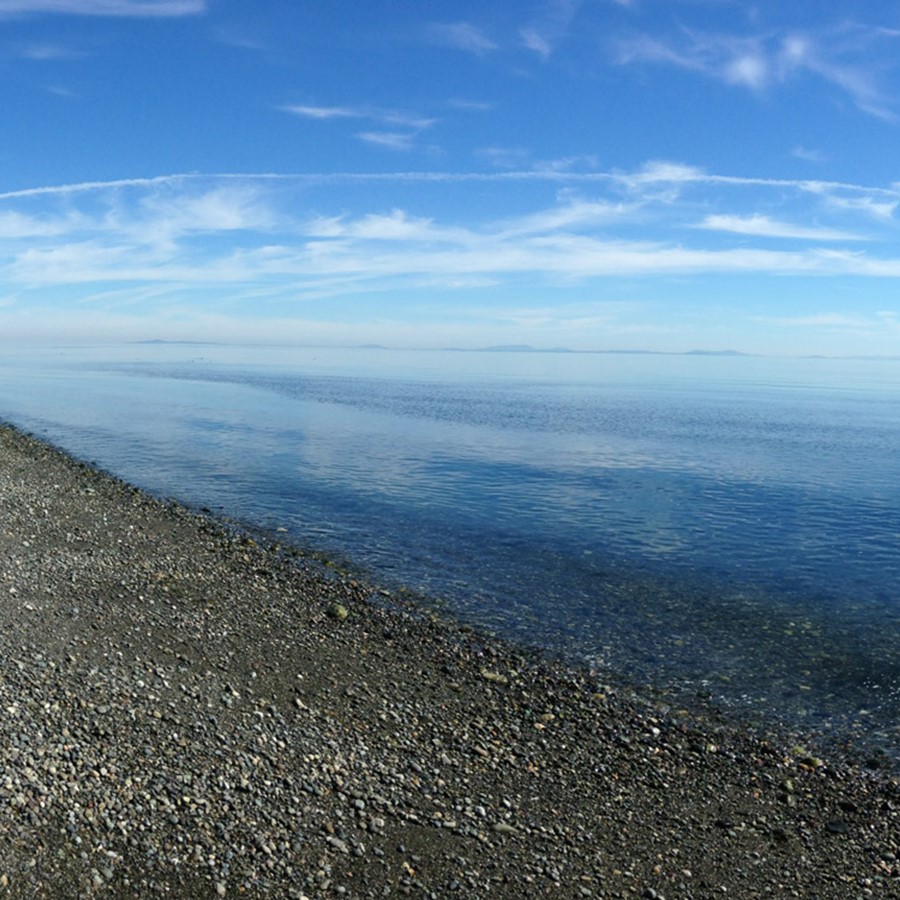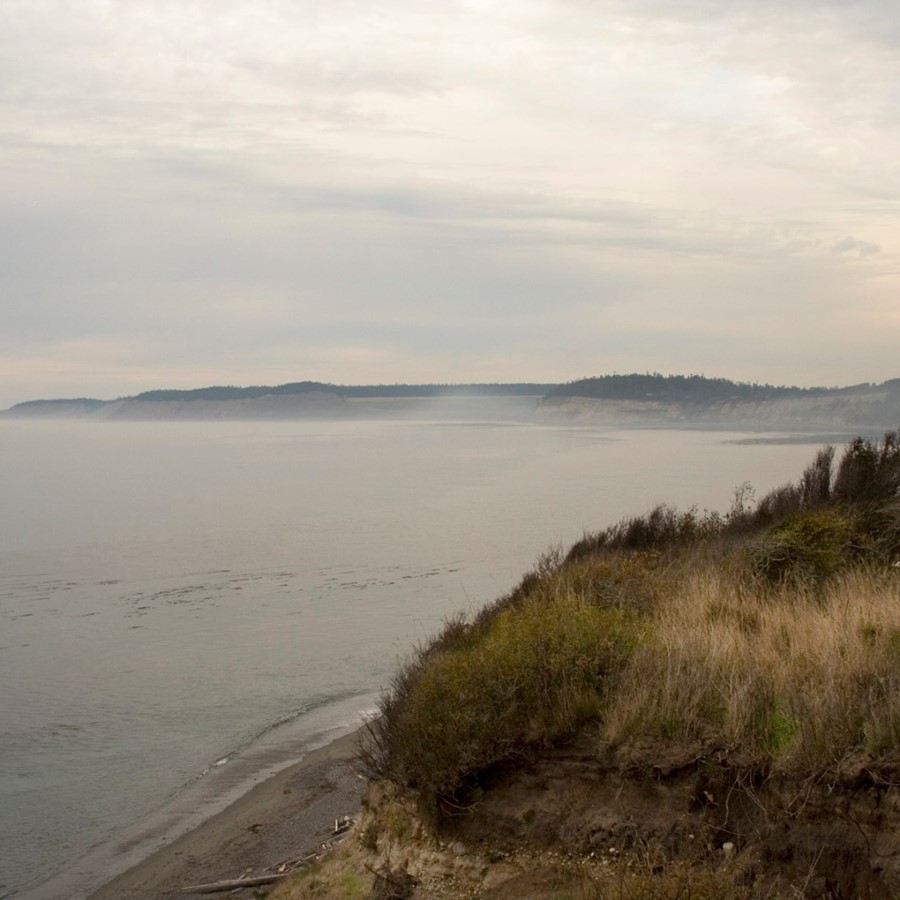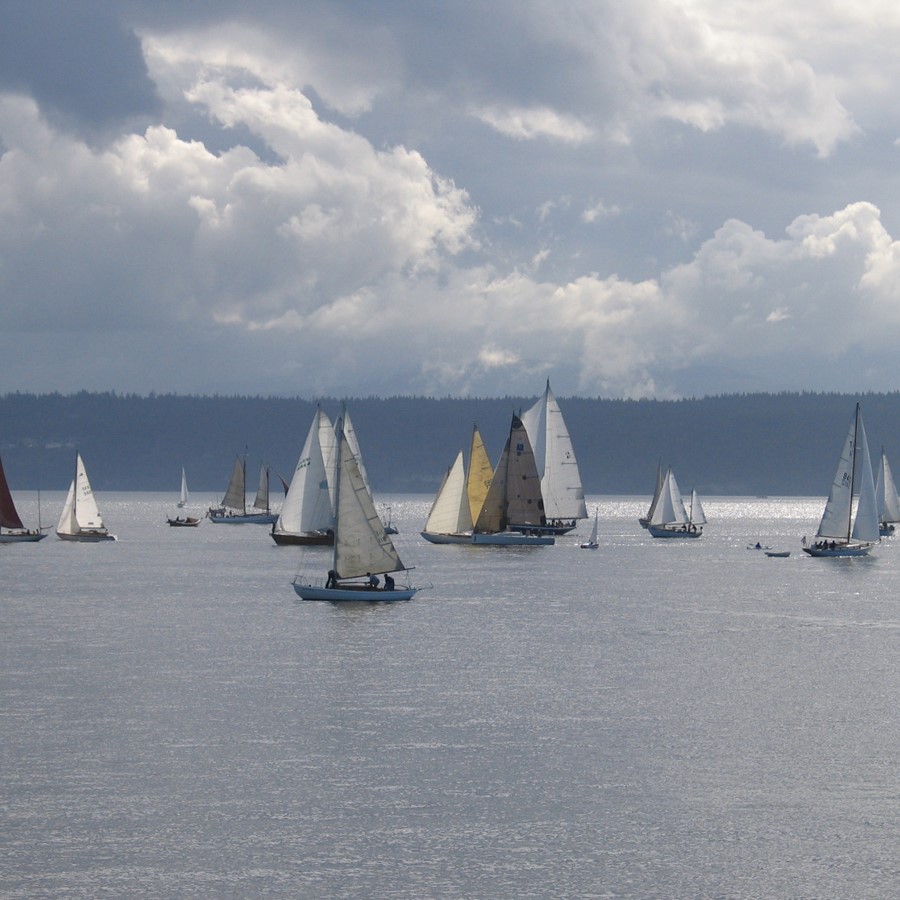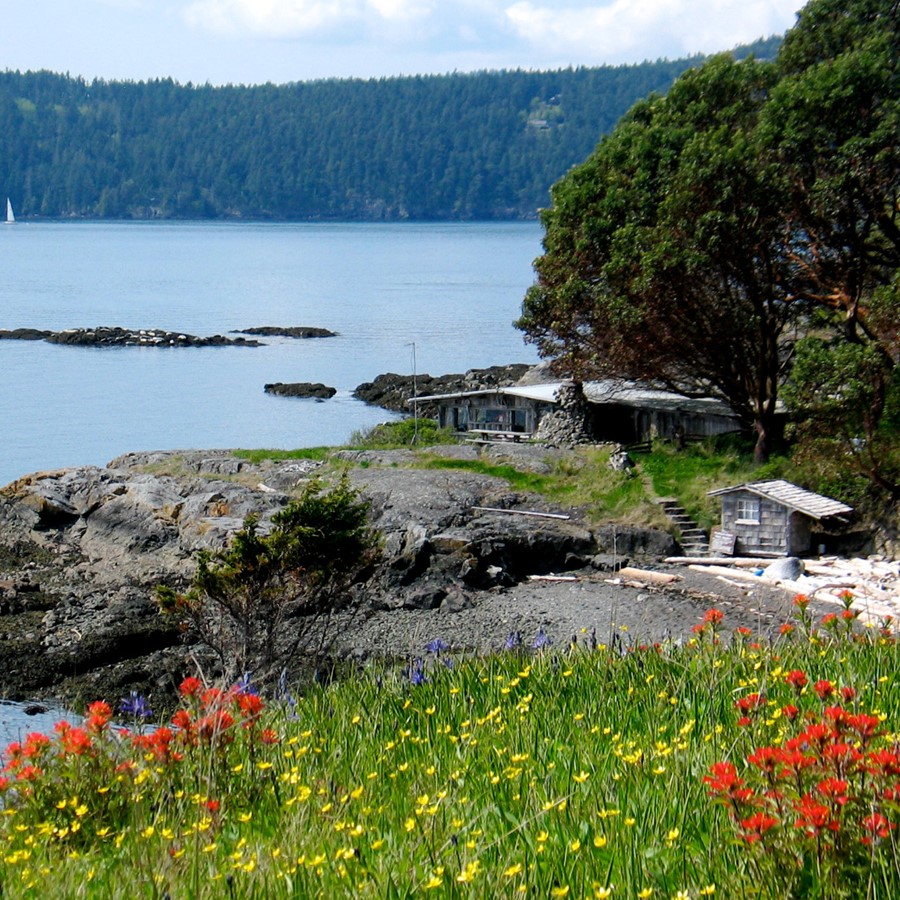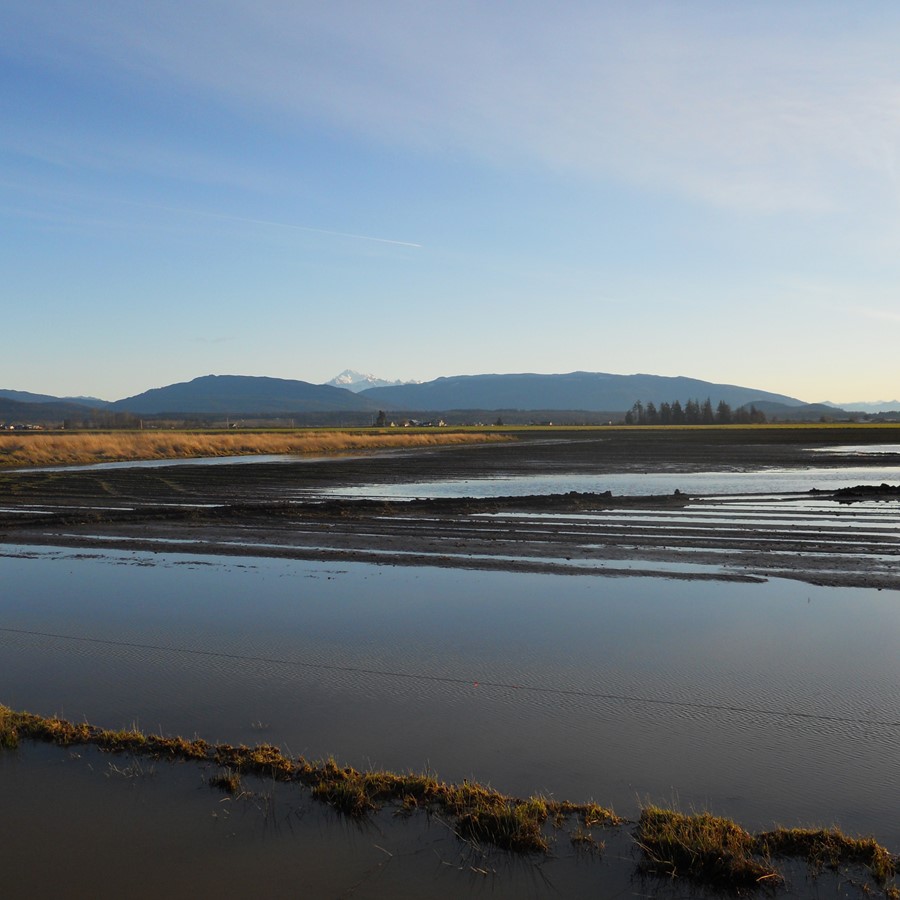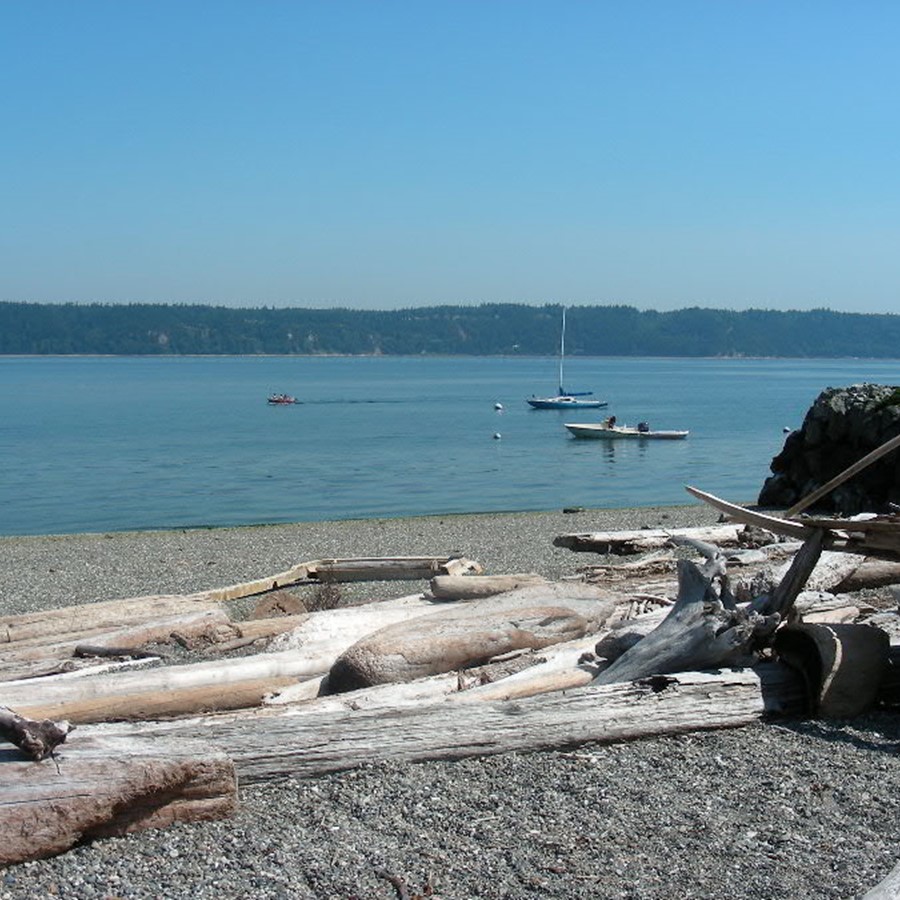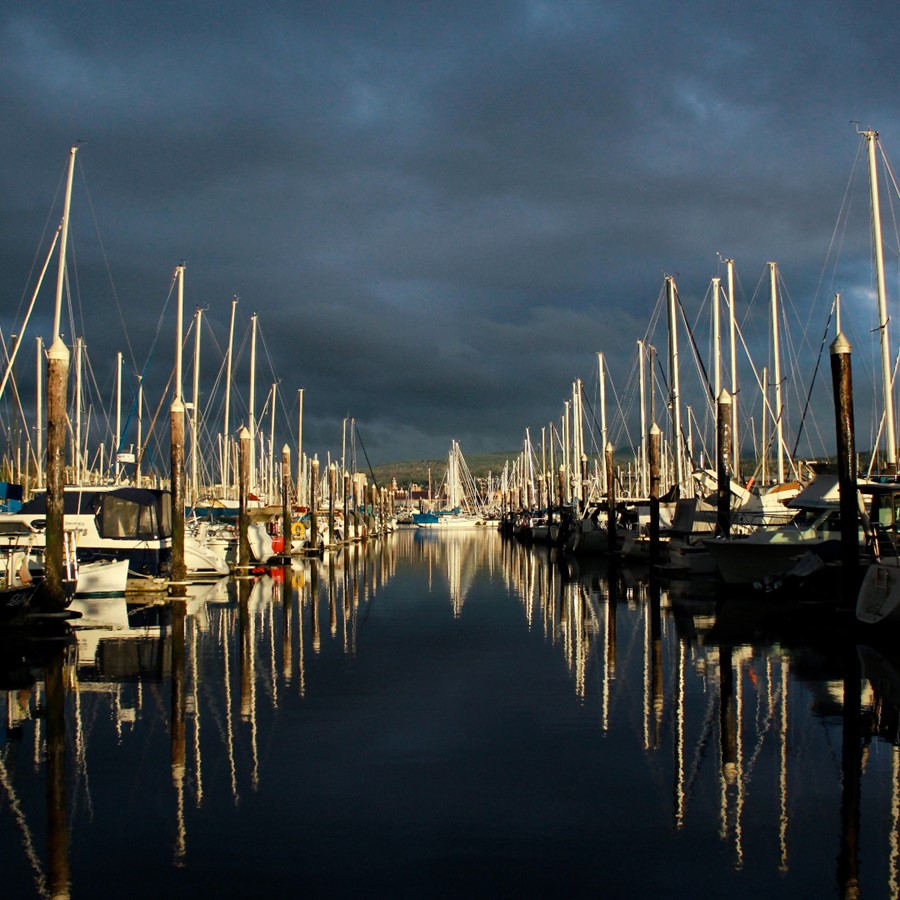Marine Resources Committees
How it Works
Marine Resources Committees (MRCs) are county-based committees of volunteers appointed by their local elected officials who address local threats to the marine environment. Each MRC has specific projects that reflect local priorities in their areas, yet contribute to broader marine conversations goals. Projects carried out by MRCs include restoring nearshore, intertidal and estuarine habitats, protecting eelgrass beds, providing outreach and education to local communities, restoring native shellfish populations, installing rain gardens, and many more.
PrincipAL Work
- Identify priorities for local marine resources protection
- Advise their county governments on marine resources issues and policies
- Conduct projects driven by sound science to benefit marine resources and habitats
- Engage their community and build greater stewardship of the local marine environment
Benefits of a local MRC
MRCs provide a forum to mobilize community support for marine conservation. Over 100 active MRC members represent a broad spectrum of community interests, contributing a diverse set of knowledge, insight, and energy to the task of marine conservation in their counties. A typical MRC has representation from the scientific, recreational and conservation communities, as well as local government, tribal government, local ports and businesses.
Working in harmony with the Puget Sound Action Agenda, MRCs generate and implement practical, on-the-ground projects that benefit the ecosystem and the economy of the Northwest Straits region. Actions taken by the MRCs result in tangible, positive outcomes that advance regional conservation and restoration goals.
The Northwest Straits Commission provides regional perspective and ensures that MRCs have the tools and scientific information to take action.
